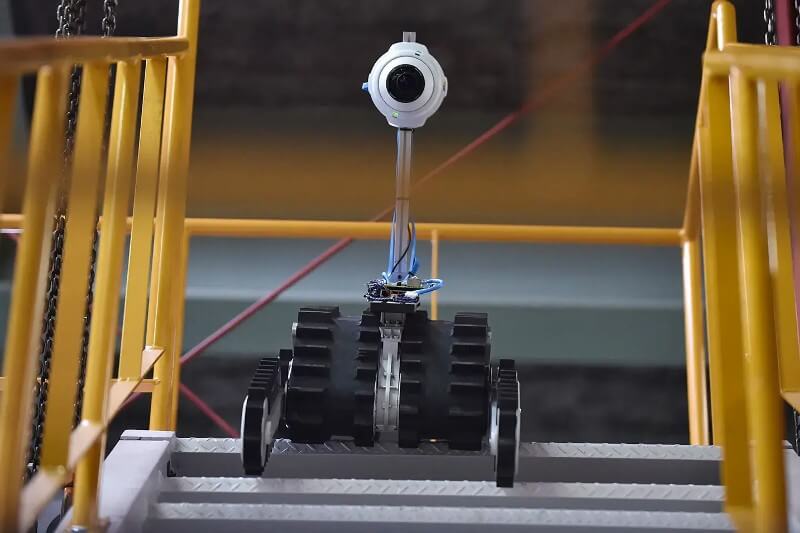From WALL‧E to R2D2 to the Iron Giant, pop culture is full of courageous, selfless robots that assist humans and tug on our heartstrings. But can real-life robots that respond to disasters and head into dangerous situations prompt us to be better people?
Research has shown that humans feel inspired to be more supportive of each other when they see others doing the same. As more robots are deployed to do dangerous jobs such as searching for hurricane survivors and cleaning up after nuclear leaks, Szu-chi Huang wondered if they also could evoke a prosocial response. “If robots are helping, does that make us more prosocial or less prosocial?” asks Huang, an associate professor of marketing at Stanford Graduate School of Business who studies motivation, including what makes people donate to nonprofits or volunteer to help others.
In a new article, Huang and Fangyuan Chenopen in new window of the University of Macau examined how helpful robots can affect human prosociality. They found that helpful robots don’t inspire people — and can even demotivate them to help others. As Huang explains, “I’m not as inspired as when I see a firefighter run into a fire. When I see a robot running into fire, it’s less encouraging.”
Huang and Chen hypothesized that the downside of sending in robots to respond to disasters would be a net loss of prosocial behavior. To test this idea, they conducted a series of experiments.
If our reporting has informed or inspired you, please consider making a donation. Every contribution, no matter the size, empowers us to continue delivering accurate, engaging, and trustworthy science and medical news. Independent journalism requires time, effort, and resources—your support ensures we can keep uncovering the stories that matter most to you.
Join us in making knowledge accessible and impactful. Thank you for standing with us!

